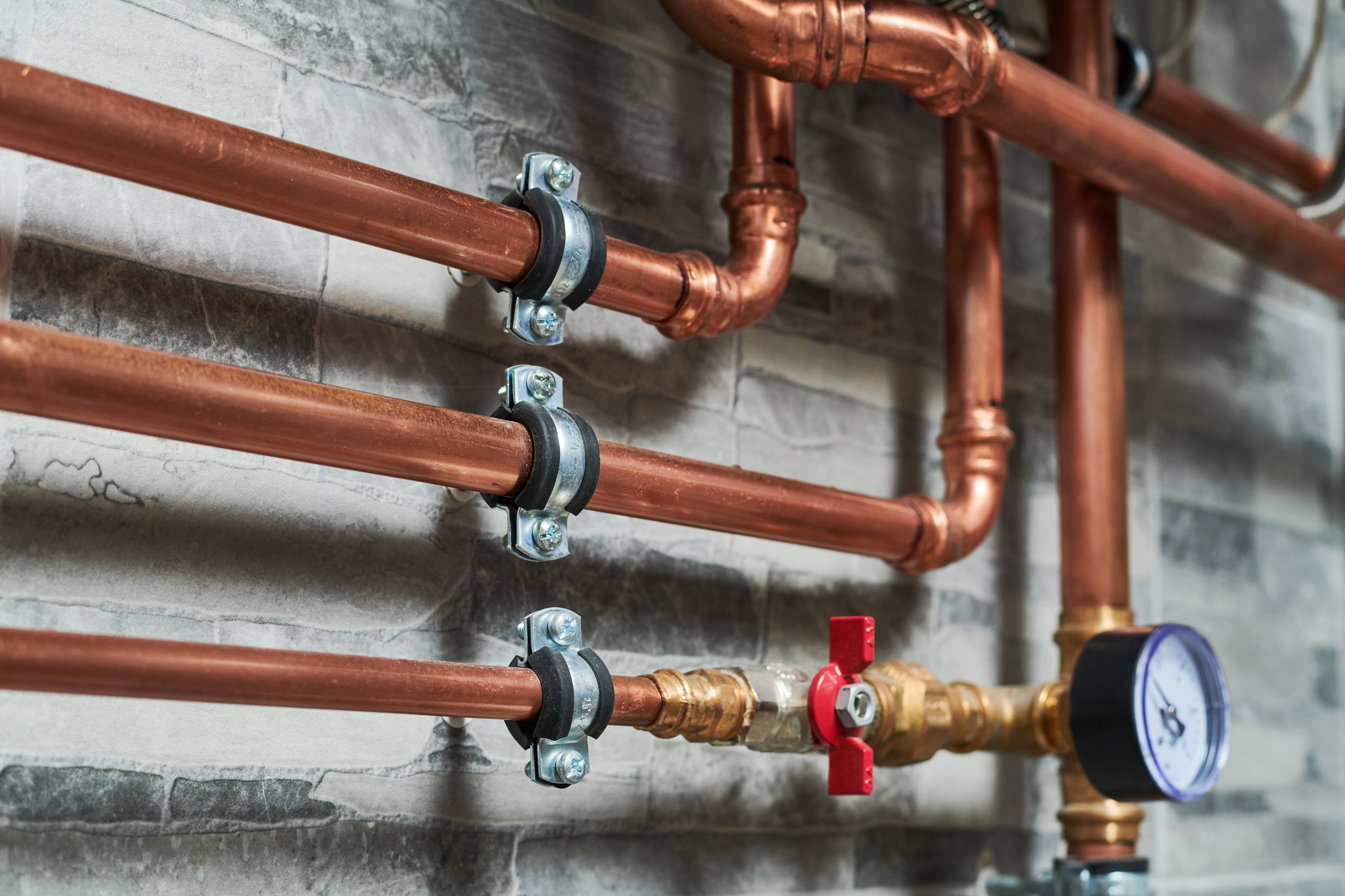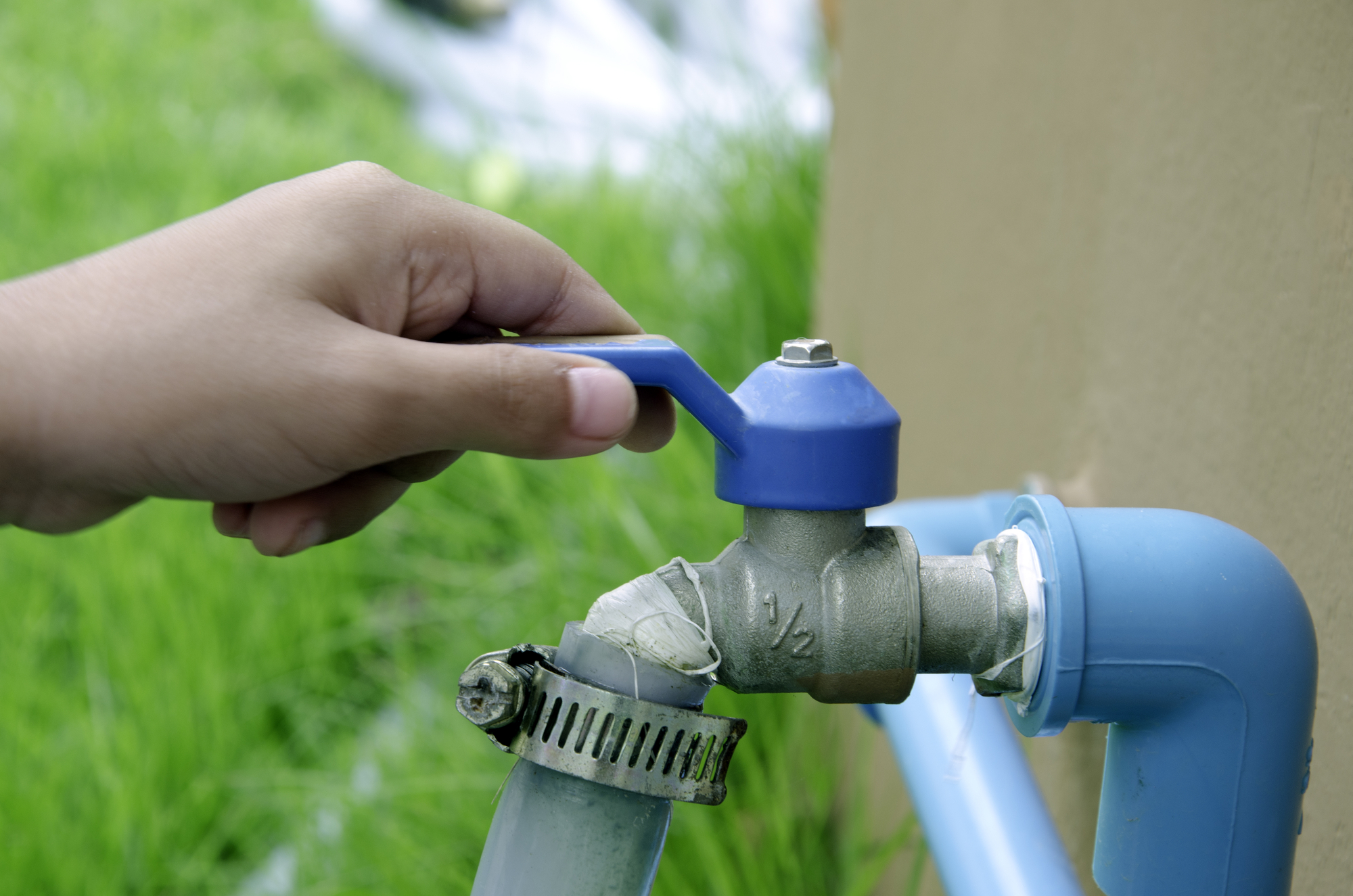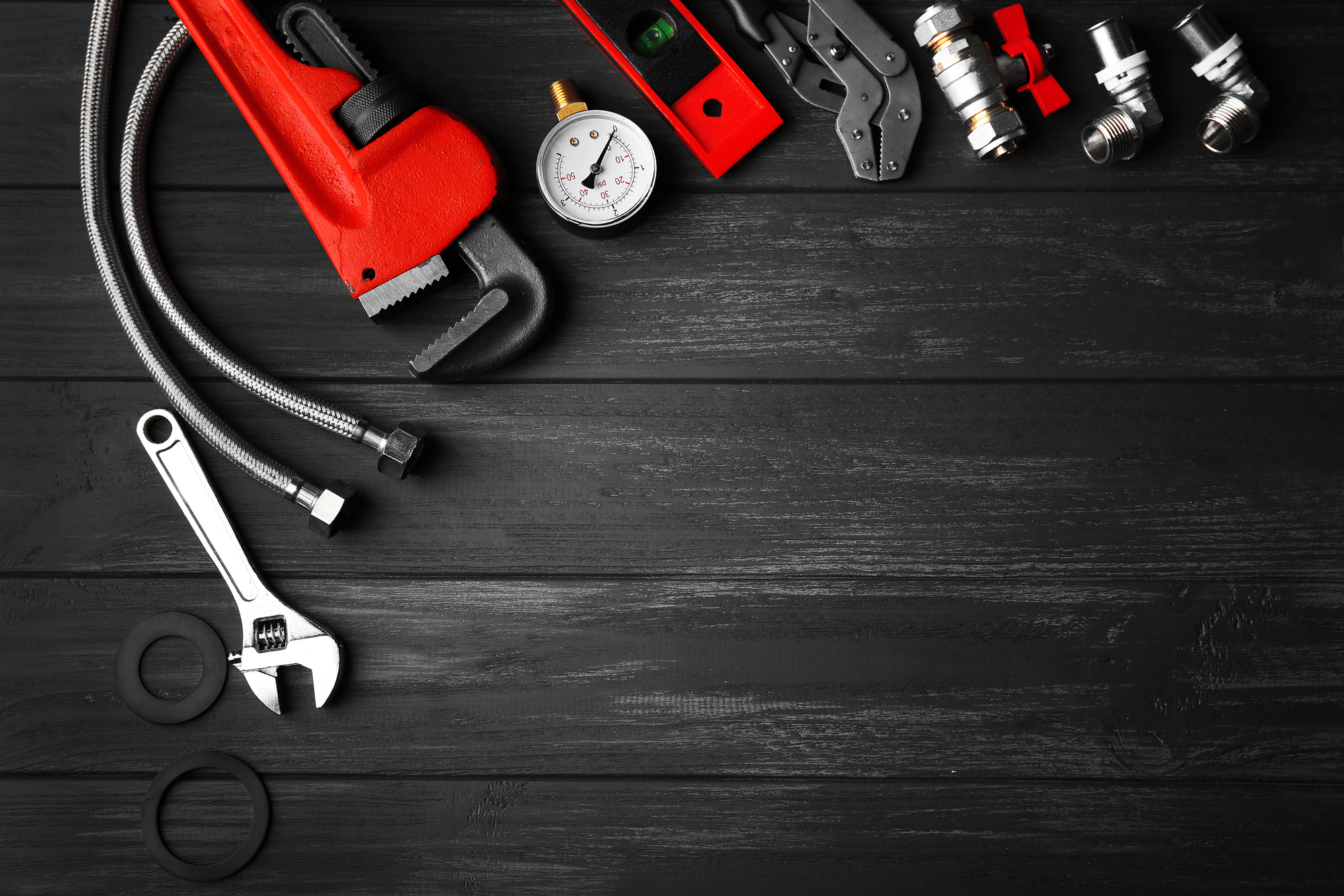As climate change becomes an increasingly pressing issue, various parts of the world are experiencing unprecedented weather patterns that lead to water waste. In Europe, the climate crisis is bringing water waste into focus as countries face severe droughts, heatwaves, and unseasonal rainfall. These extreme climatic conditions are exposing fragile water systems, underscoring the need for better water management practices and infrastructure.
Water scarcity is already a reality in several regions of Europe, with many municipalities grappling with dwindling water reserves. This threat is compounded in the wake of the climate crisis, which, in turn, heightens the potential for water scarcity and water waste. Regions that have traditionally been water-rich, such as Eastern Europe and the Balkans, are now grappling with water shortages as a result of the changing climate.
One of the most visible impacts of the climate crisis in Europe is the unprecedented heatwaves, which, in turn, lead to increased water demand. This increase strains an already fragile water system. For instance, in Italy, a prolonged heatwave has led to a rapid decline in water reserves, placing enormous challenges on the country’s agricultural sector. Similarly, many countries in Eastern Europe have seen a spike in demand for water, leading to increased instances of water waste.

Unseasonal rainfall patterns also pose a significant threat to European water systems. For instance, when seeds are planted too early in the season, heavy rain can wash them away, leading to water waste and other environmental pollution. Furthermore, rainwater runoff can overwhelm sewer systems, leading to cross-contamination and water quality issues.
The climate crisis emphasizes the need for better water management practices, which can, in turn, help to reduce water waste and conserve resources. One effective way to achieve this goal is to invest in modern plumbing technologies. These technologies can help homeowners and businesses to better monitor their water usage and identify areas where improvements are needed. For example, installing low-flow faucets and showerheads can significantly reduce water waste without sacrificing water pressure.
Another way to conserve water is to invest in water-efficient appliances that help to minimize water used on a day-to-day basis. For example, adopting front-loading washing machines, which consume less water than traditional top-loading models, can help reduce water consumption.

Conserving water can also be achieved by practicing simple water-saving habits like turning off the tap while brushing teeth, taking shorter showers, or fixing leaking pipes and faucets as soon as they are discovered. Adopting these simple habits can significantly reduce water consumption and help conserve water.
In conclusion, the climate crisis’s impact on the European water system brings water waste into focus. Various parts of Europe are already experiencing severe water shortages, and the situation is predicted to worsen as the climate crisis intensifies. Investing in modern plumbing technologies and improving water management practices can help reduce water waste and conserve resources. Adopting simple water-saving habits like fixing leaking pipes and turning off the tap while brushing teeth can also significantly reduce water consumption. It’s up to all of us to take responsibility and act as stewards of our environment, preserving vital resources for future generations. For any plumbing needs, be sure to visit our website at aceplumbingrepair.com or give us a call at (844) 711-1590.






